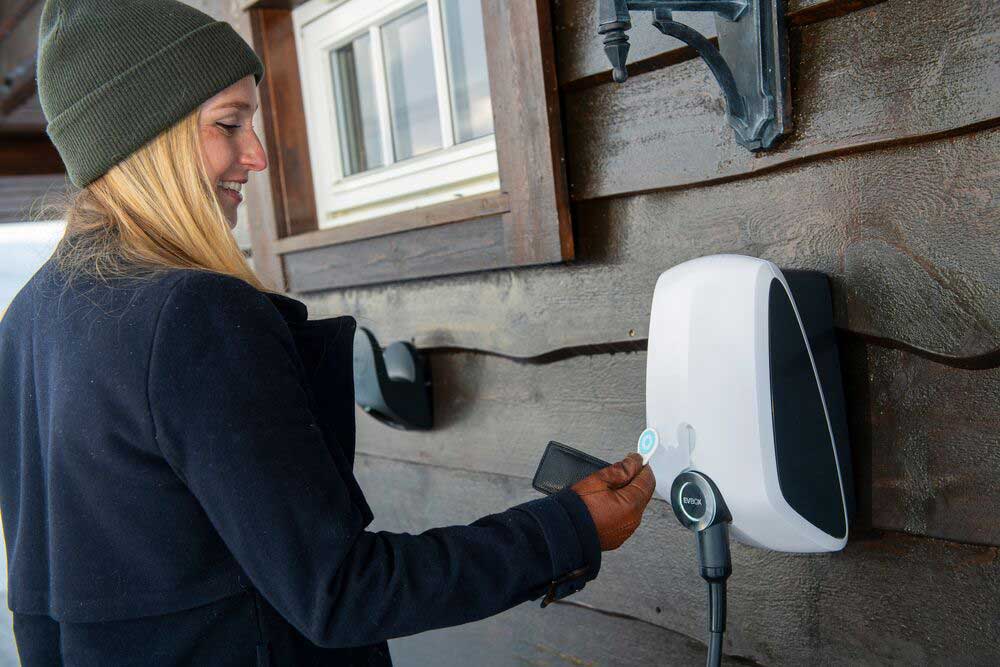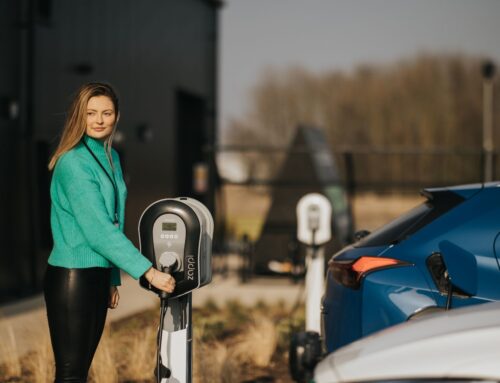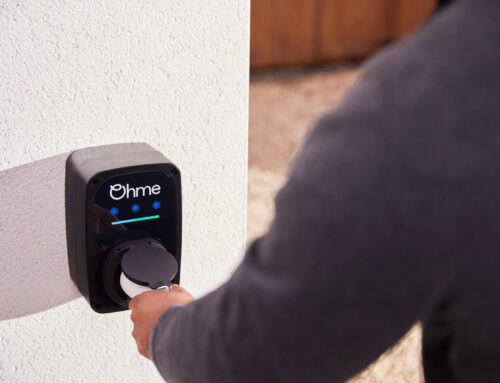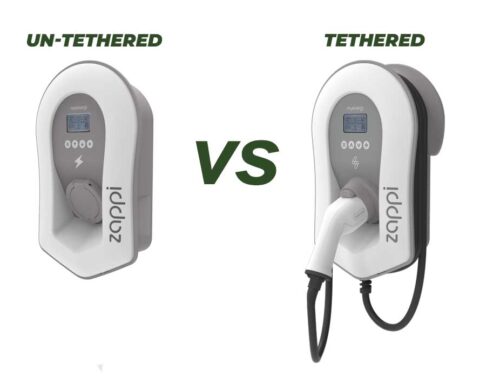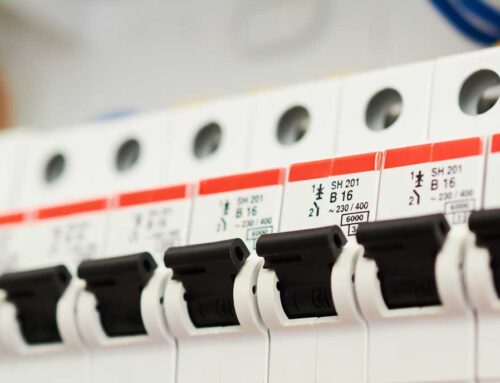For most people, electric cars and chargers for electric cars are cutting edge technology, new and emerging products that there is still a lot to be learned about. There is some confusion surrounding some aspects of the topic, which means that many people have questions about chargers for electric cars.
Here are the answers to some of the most common questions.
1. Do you need a special charger for electric cars?
Yes, chargers for electric cars are designed to work specifically with electric vehicles. They do not use the same connections as other chargers you may have, and they are designed with electric vehicles in mind to keep their batteries in order and help them charge up quickly so they can be used again.
2. Do all electric cars use the same charger?
No, not all electric cars use the same EV car chargers. There are two main types of connectors for attaching the charger to your vehicle, known as Type 1 and Type 2. There are three main types of chargers – slow, fast and rapid chargers.
Rapid car chargers can be AC or DC, and the DC varieties have their own types of connectors.
3. Can I install my own electric car charger?
Some slow EV chargers simply plug into a wall socket in your home, but other than that, you won’t be able to do it yourself. You can have chargers for electric cars installed at your home or business but will need a qualified professional to complete the task for you.
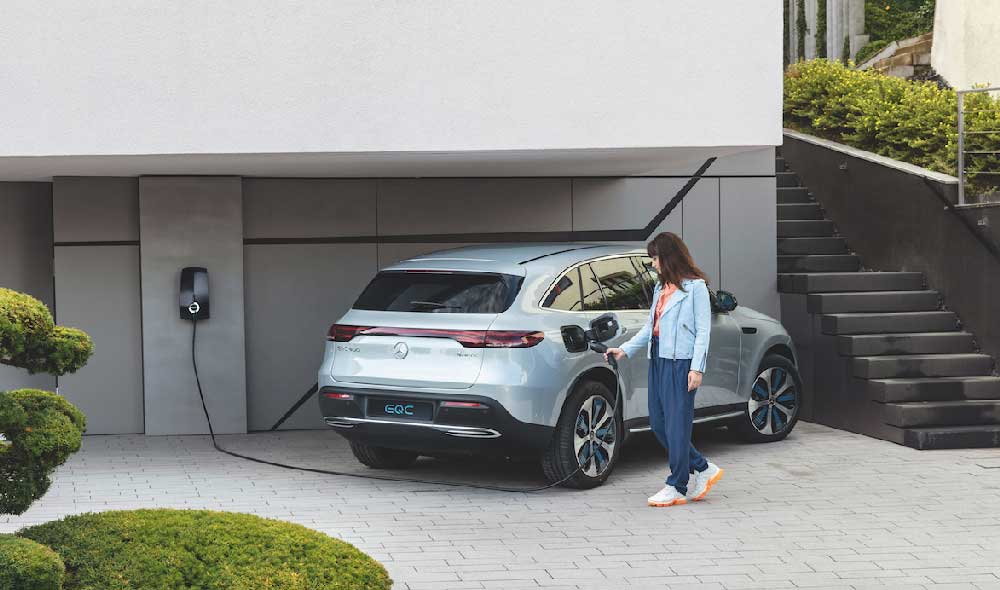
4. How much does it cost to install an electric car charger at home?
The cost may vary depending on what type of charger you choose and on the requirements for installation. The amount of cabling required, any groundwork, and a number of other factors can affect the final cost. Please get in touch with us in the first instance so we can conduct a survey at your location to give you an accurate price for installing chargers for electric cars.
5. Do electric cars lose charge when parked?
If your electric car is parked somewhere, it will not lose too much charge if you only leave it for a short while. When left for a long period – several weeks or more – there may be a noticeable drop in the charge level.
If the vehicle is plugged into an electric car charger, it should not lose any charge as the charger will keep the vehicle topped up. Chargers for electric cars are designed to prevent overcharging, so no problems should arise from this, and it can help you be prepared for your next journey.
6. Should I charge my electric car every night?
The short answer is no unless the battery has been run down significantly. If your vehicle has a full (or nearly full) battery at night, then there is no need to recharge again before use in the morning.
However, depending on how often you drive your electric car, charging regularly may be necessary – especially if you do lots of miles each day. Charging every night is not a requirement but could help if you need to get the maximum range the following day.
7. What happens if my electric car runs out of charge?
Quite simply, the same as a fossil-fuel-powered vehicle running out of fuel – it will stop moving.
If there is limited power available, your electric car will enter reduced power mode, which means you can continue driving until you reach a charger or battery switch station – but be aware that this may limit how fast you are able to go.
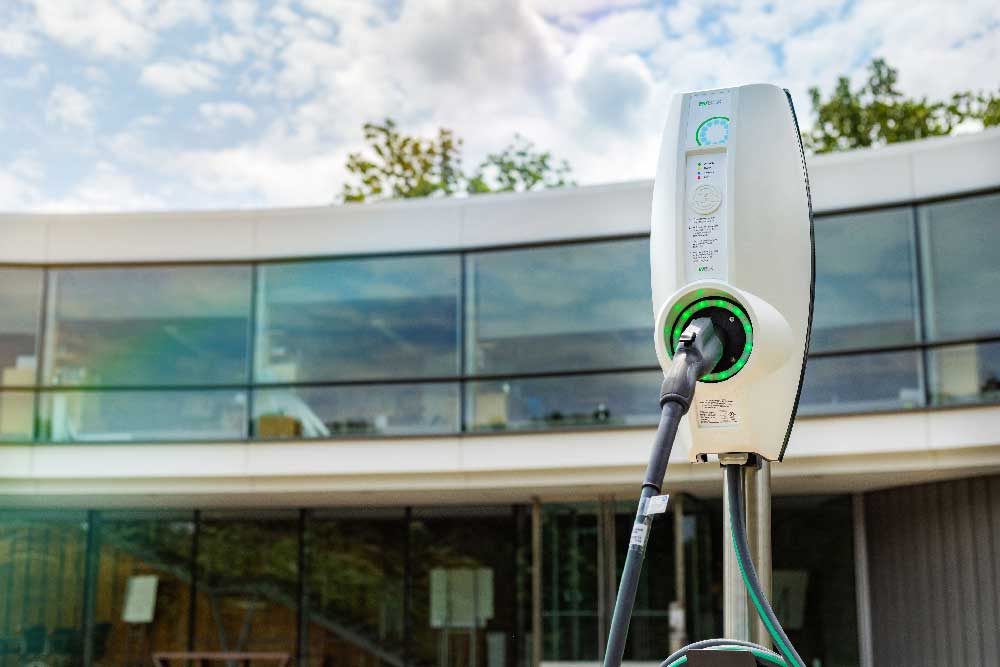
Electric Car Charger Ireland, Suite 1, Rear Unit 7, Church Place, Glenageary, Co. Dublin, A96 A9Y0, | Phone: +353 1 515 93 36 – DRIVING DIRECTIONS
8. What do I do if my electric car runs out of charge?
Your car will warn you before running out of charge completely, and as soon as you are notified, try to charge the vehicle as soon as possible. Electric vehicles often include satnav functionality which helps you to locate charging stations and also provides range estimates so you can see if a problem is about to occur.
In the event that your battery is completely flat, you’ll need a breakdown or recovery service to take you to the nearest charging station. Don’t get towed as this can damage the motors.
9. How do I know when my electric car needs charging?
The digital dashboard provides information about the usage of electricity from the battery so drivers can easily keep an eye on their range at all times.
10. Can you leave an electric car plugged in?
Yes, chargers for electric cars have technology built-in to prevent overcharging and damage to your battery.
11. Should you charge an electric car 100%?
The optimum charge state is between 20% and 80%. Regularly charging the battery when it is already above 80% can eventually cause damage that lowers the capacity of the battery.
If you don’t need 100% charge, you don’t need to get your battery to that level, so if you’re taking a shorter trip, check the available range before charging.
12. Can you plug in electric cars in the rain?
Yes. Chargers for electric cars have an extra layer of water protection that will keep your car and battery safe during a storm or other wet weather.
13. How much does it cost to charge an electric car?
The average charging time will depend on your vehicle’s battery capacity but will typically take between 30 minutes and eight hours. The cost will vary depending on your electricity tariff and whether you’re using a charger with solar power compatibility.
14. What is smart charging?
“Smart charging” means that features like circuit breakers, overload protections or other safety features are included. They are designed to get the best out of your battery and protect you from any potential hazards.
15. What is the difference between rapid charging and slow charging?
Rapid charging is a method for charging your battery more quickly, but it isn’t as good for your battery as slower methods of charging. If you need to get somewhere in a rush, rapid charging can be very useful, but it isn’t best for everyday use.

